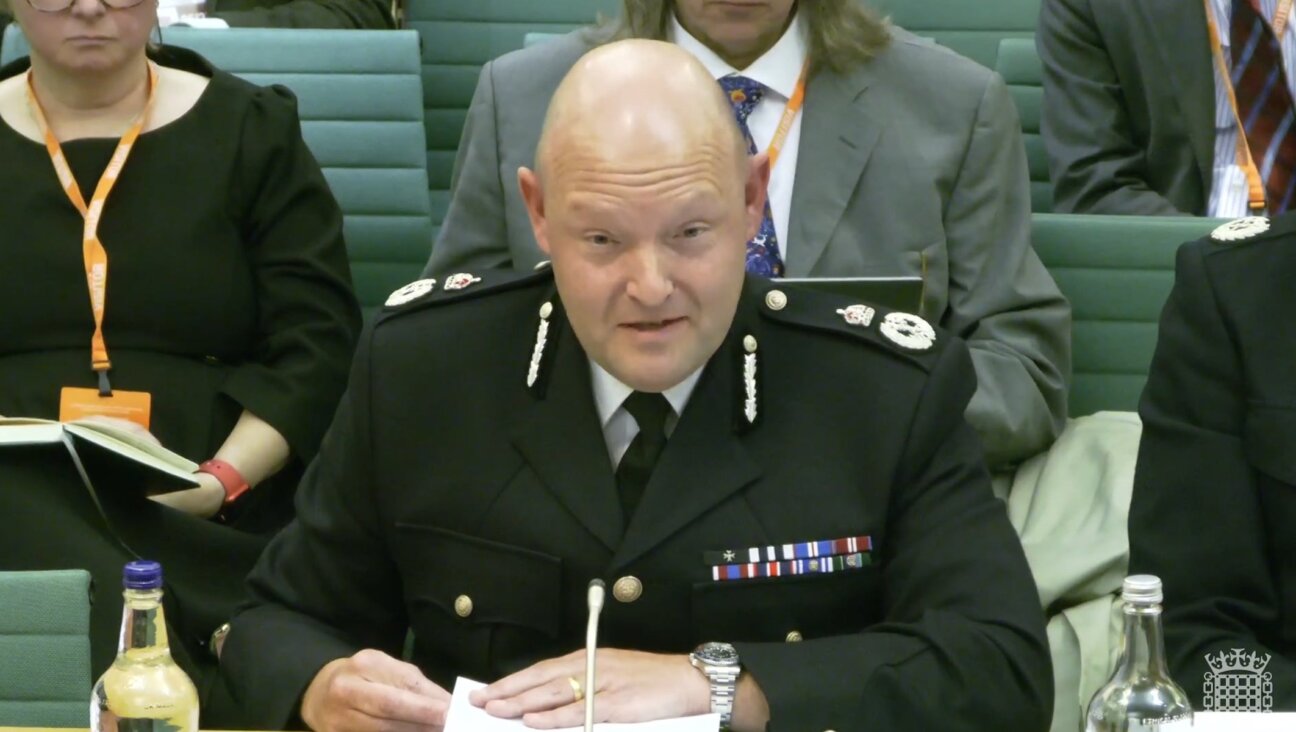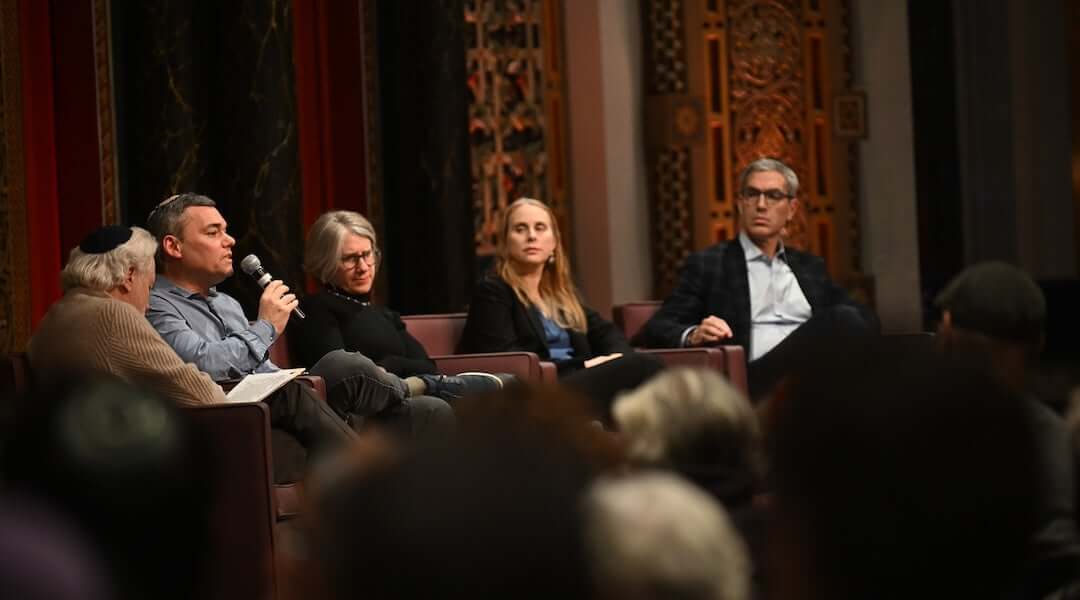President Obama’s Final UN Speech Underlines Little Progress on Mideast Conflict

Graphic by Angelie Zaslavsky
In his first major United Nations speech eight years ago, President Barack Obama said he would not give up on Israeli-Palestinian peace.
In likely his last U.N. speech, on Tuesday, he spoke little about the conflict beyond voicing the unsurprising sentiment that matters would improve if Israel let go of Palestinian land and if the Palestinians rejected incitement and embraced Israel’s legitimacy.
While U.S. officials have said Obama could lay out the rough outlines of a deal – “parameters” in diplomatic parlance – after the Nov. 8 presidential election and before he departs on Jan. 20, many Middle East analysts doubt this will have much effect.
The result, they say, is likely to be a legacy of failure on an issue Obama made a priority when he came into office in 2009 and declared in his first U.N. General Assembly address: “I will not waver in my pursuit of peace.”
Obama has little to show for his two efforts – one spearheaded by George Mitchell in his first term and another by U.S. Secretary of State John Kerry in his second.
“He has not made an impact on this issue, at all, and he wants to,” said Elliott Abrams, a Middle East adviser to former President George W. Bush, a Republican. “So I think the question that he is asking is really a legacy question, rather than asking a pragmatic question of what will really help the parties.”
Obama will raise concerns about Israeli settlements when he meets Israeli Prime Minister Benjamin Netanyahu in New York on Wednesday, the White House deputy national security adviser Ben Rhodes said.
Rhodes said Obama had no plans to pursue a new Israeli-Palestinian peace initiative before leaving office, though he could take unspecified steps.
AFTER NOV. 8
A U.S. official who tracks the issue said he does not expect the White House to decide whether Obama might make a speech on the issue or seek to pass a new U.N. Security Council resolution, until after Americans elect his successor.
“They are waiting to see what they can get the boss to do after the election pressure is over,” said the official, who spoke on condition of anonymity. “They have been toying with the idea for months.”
The U.S. presidential election pits Democrat Hillary Clinton, Obama’s former secretary of state and his choice for the top job, against Republican businessman Donald Trump. Several analysts believe Obama will consult Clinton if she wins.
The acid political climate between Israelis and Palestinians makes progress unlikely. Netanyahu and Palestinian President Mahmoud Abbas have no plans to meet this week at the annual U.N. gathering of world leaders.
“We don’t expect much from Abu Mazen,” Israeli Ambassador to the United Nations Danny Danon told reporters on Monday, referring to the Palestinian leader by his nickname.
Palestinians say Israeli settlement expansion in occupied territory is dimming any prospect for the viable state they seek, with a capital in Arab East Jerusalem.
Israel has demanded tighter security measures from the Palestinians and a crackdown on militants responsible for a string of stabbings and shootings against Israelis in recent months. It also says Jerusalem is Israel’s indivisible capital.
With U.S. efforts to broker a deal on a Palestinian state on Israel-occupied land in deep freeze for two years, France has tried to revive interest in the issue, with one senior French diplomat arguing that letting matters drift even during a U.S. election year is like “waiting for a powder keg to explode.”
‘IN YOUR DREAMS’
In his eighth speech before the U.N. General Assembly, Obama gave little time to the Israeli-Palestinian issue.
“Surely, Israelis and Palestinians will be better off if Palestinians reject incitement and recognize the legitimacy of Israel, but Israel recognizes that it cannot permanently occupy and settle Palestinian land,” Obama said in his lone direct reference to the conflict during the 48-minute speech.
The lack of progress has frustrated Arab and Western officials, some of whom were not shy about voicing their dismay.
“On this issue, you hear everything and nothing from the Americans. One says Obama is ready to do something, another says ‘no way’; one says a resolution is the way forward, another says ‘in your dreams,’” said a senior Western diplomat.
Jon Alterman of the Center for Strategic and International Studies think tank in Washington said Obama tends to act as a “mandarin” who offers rational solutions rather than as a politician who moves public opinion.
As a result, merely sketching out the contours of a deal would do little to change the political realities on the ground.
“What the United States thinks has never been the missing link,” he said. “The weak link has often been a question of implementation. The White House hasn’t been very good at persuading people to see things their way and act accordingly.”













